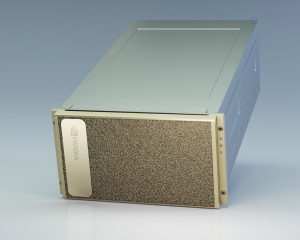Blog
Knowledge Center and Technical References
Blog and HPC Tech Tips
Performance Comparisons and Specifications
Upcoming Events

Events
Private: PEARC 2024
Providence, RI, Jul 21-25 2024. PEARC is one of the premier research computing events of the year.
-
Events
PEARC 2025
Event Details Location: Columbus, OH Dates: Jul 22, 2025- Jul 23, 2025 Booth: 40 The ACM Practice and Experience in Advanced Research Computing (PEARC) Conference…
-
Company Announcements
Important Announcement: Spring 2025 Tariff Statement
Below is Microway’s official statement about potential new 2025 Tariffs: Due to potential new tariffs, all quotation pricing is subject to confirmation of current costs…
